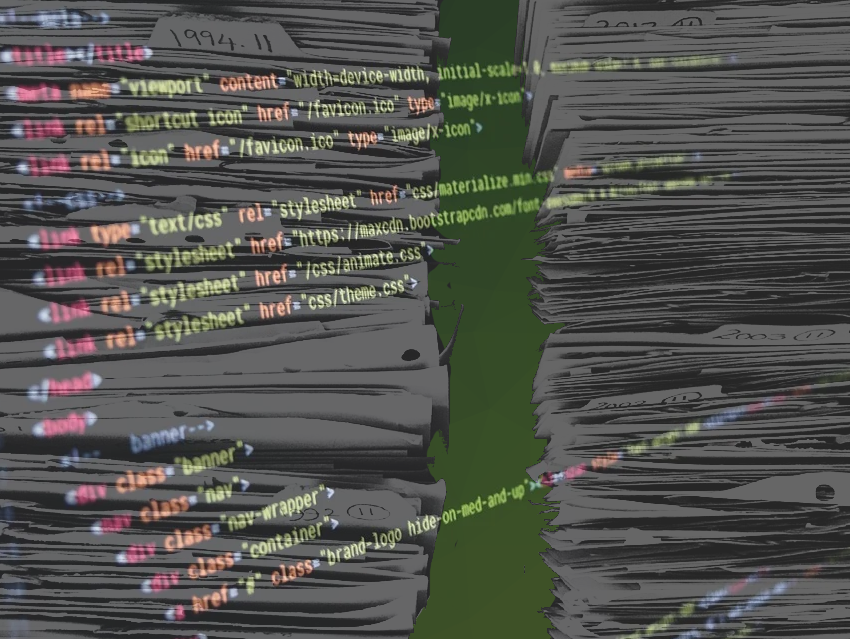Every chemist produces research data. To get a good overview of how far the chemical community has come in digitizing research data, the consortium NFDI4Chem surveyed 541 scientists from all career levels and all classical fields of chemistry in Germany, mainly Ph.D. students, postdocs, and professors. As a grassroots movement of researchers, infrastructure experts, and learned societies such as the GDCh (German Chemical Society), NFDI4Chem wants to develop a research data infrastructure in line with the needs of researchers from all areas of chemistry. The survey is a first step.
53 % of those surveyed said that they generate digital data from the very beginning. 38 % continue to collect data in analog form and do not digitize until the data analysis process. Documentation of experimental procedures (such as synthesis planning, weighing, or sample preparation) or visual observations (such as pH values, temperature or color changes) are often recorded in analog form. Measurement results from procedures that do not provide analog data, or data from instruments that do not allow data export are also collected in analog form.
The German Research Foundation (DFG) requires that scientists and scholars archive their research data in their institution or a relevant, supra-regional infrastructure for at least ten years according to the rules of good scientific practice. Rules and recommendations where and how data should be stored do not exist in most institutions. Less than half of the respondents describe their data with metadata to increase reproducibility. Electronic Laboratory Books (ELN) are suitable for simplifying data management processes and collecting, managing, and standardizing metadata. However, only 17 % of the respondents use an ELN. In addition to commercial and open source products, wikis, cloud drives, Word, and Excel were offered as ELN options in the survey.
Published and openly accessible data are an opportunity for more collaboration in chemistry. In principle, chemists are open to sharing data and reusing data from other researchers, most of those surveyed say. Up to now, data has been exchanged mainly via e-mail (56 %) and USB sticks (40 %), rarely via modern infrastructures such as electronic lab books (18 %) or data repositories (12 %).
NFDI4Chem concludes that many researchers are already aware of the challenges of research data management, but often the appropriate tools are still missing. The consortium is looking forward to discussing next steps and new developments with the community.
- Zeit für den Abschied vom analogen Laborbuch,
Oliver Koepler, Johannes Liermann, Florian Schön, Sonja Herres-Pawlis,
Nachr. Chem. 2020.
https://doi.org/10.1002/nadc.20204095910
Also of Interest
- How to Collaborate on Writing,
ChemistryViews 2020.
https://doi.org/10.1002/chemv.202000037
Possibilities of working together on a text online and in real-time - How to Manage Research Data,
ChemistryViews 2019.
Together with researchers, the NFDI4Chem consortium aims to cross-link and digitalize processes in chemistry




